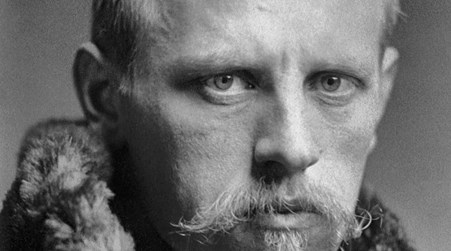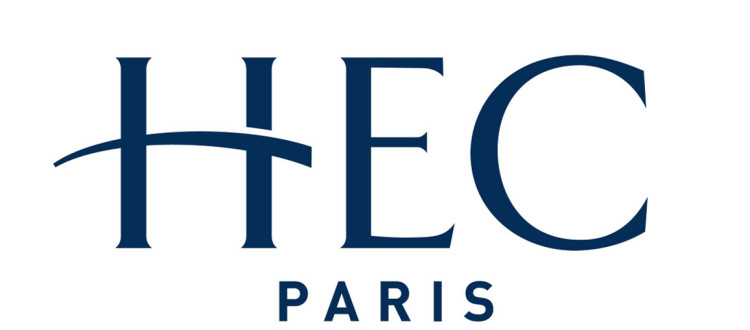- Innovation
The Entrepreneur as Explorer
HEC Academic Director Albert Meige suggests three key characteristics entrepreneurs share with explorers
The adventurer and entrepreneur Albert Meige describes three traits that drive and support entrepreneurial creativity and the urge to discover incompletely mapped space.
This is a condensed extract from his original article:
Risk Management
The first trait of the entrepreneur is that the entrepreneur, like the explorer, is a specialist in risk management in little-known areas – where planning and anticipation are not enough to achieve success. Decisions are always made based on very partial information.
This first common facet of the explorer and the entrepreneur leads us to the second quite naturally: the exploration of new territories and the spirit it implies. A spirit that is an indispensable plus to entrepreneurs.
Pioneering Spirit
Take the life of Norwegian explorer and scientist Fridtjof Nansen (1861-1930) as an example, a life completely different from the one you and I lead.

Nansen, along with others, crossed the interior of Greenland in 1888. This adventure, he described as “we are always between fear and hope” – which is the feeling that my wife Ane and I, as entrepreneurs, experience continually. To eliminate the option of retreating to a safe place, he finally landed by crossing the east coast. “You had to walk relentlessly […] or die in that place.” The current method we always use in entrepreneurship is: once the decision is taken, you cannot go back or change direction (at least not too frequently).
To be honest, if I had another life, I would like to live the fascinating life like Fridtjof Nansen. I like to imagine how to plan the crossing of Greenland, how to design all the necessary equipment from scratch, and how to build the perfect team that will make the expedition’s success. After walking and skiing more than 500 kilometres on the glacier, in extreme weather conditions, my team would be the first to cross Greenland.
Nansen’s life is entirely different from mine, but it is so close to what I aspire to. Let’s call this common factor between exploration and entrepreneurship ‘the pioneering spirit’. Without this little plus factor, an entrepreneur would turn back on the first occasion – and therefore he would not be a real entrepreneur.
This analysis may not convince everyone. Do not we often hear that everything has been explored? However, I do not believe that!
Resilience
The reason I do not believe that everything has been explored is that this opinion fundamentally ignores the difference between the map and the territory.
Do not be fooled by the fact that there is no more ‘unknown land’ on the maps of the world! There are so many places no one has ever been to, or rarely – as the cataphiles and cave-diving enthusiasts know.
This misconception, that everything has already been explored, makes me think of the difference between theoretical knowledge and operational knowledge. Risk management requires knowing the world better, and for that, you have to go out into the field, make new maps, create new connections. Bookish knowledge does not deliver everything.
In the field, you have to learn how to achieve and take advantage of the unexpected opportunities, sometimes the unhoped-for things. This is another essential quality of entrepreneurs: resilience. It may not always be true that what does not kill you makes you stronger, but for an entrepreneur, it must be true!
This is the condition of survival, once the expedition starts.
Conclusion
At the end of this comparison between exploration and entrepreneurship, I would say that the explorer and entrepreneur share the following three traits: The risk management, the pioneering spirit, and the resilience – all of these service for creativity, as a process to discover possibilities for incompletely mapped space.
The entrepreneur reminds us that the quest for understanding the world is also a quest for self-understanding, creating asymmetries and secrets. This is the trait that characterizes among other explorers, magicians, and entrepreneurs.
ARTICLES YOU MIGHT LIKE
RESEARCH
Gallup and PWC stress the importance of preparing employees for the AI era
DEVELOPING LEADERS QUARTERLY MAGAZINE AND WEEKLY BRIEFING EMAILS

































